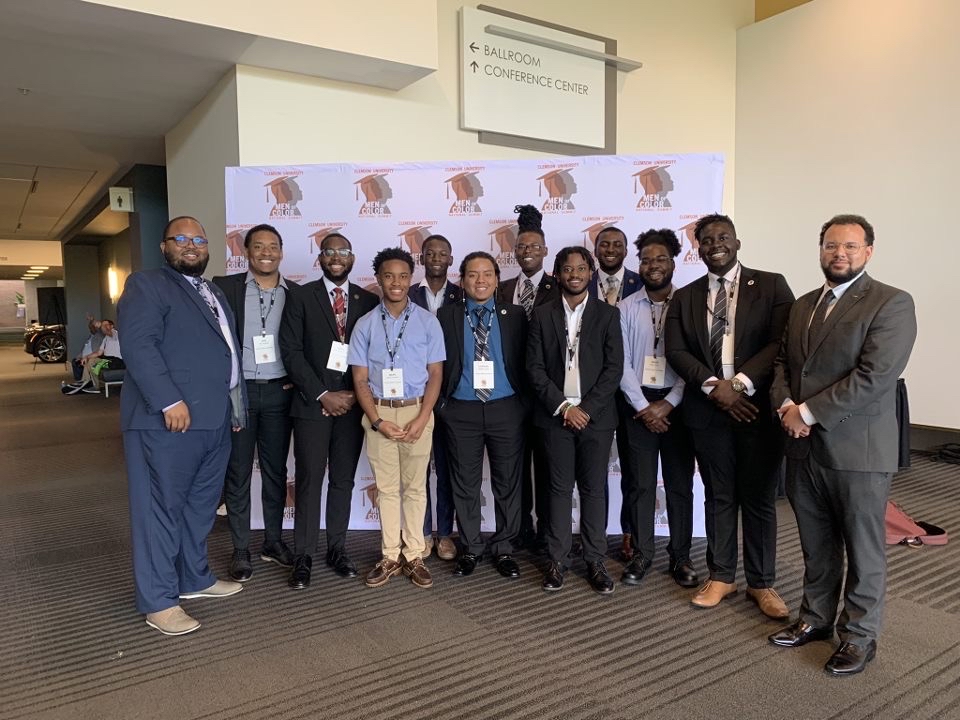Renaissance MAN
At Florida State University, 43% of undergraduate students identify as men. Of the men identifying population, approximately 38% are from underrepresented racial/ ethnic identities. Men of Color at FSU have achieved success in and out of the classroom to include selection as Rhodes Scholars, Homecoming Chief, SGA President and much more.
To assist FSU's student success efforts, Renaissance Male Achievement Network (Renaissance MAN) exists as a coordinated network of opportunities that promotes success for men of color. While Renaissance MAN focuses on men of color, any FSU student is welcome to participate in the networks activities. Renaissance MAN provides four primary components, a) learning community, b) mentorship, c) student community and d) scholarly activity.
LEARNING COMMUNITY
The Learning Community represents a commitment by participants to engage in a variety of experience and develop knowledge which complement one another. Specifically, a Renaissance MAN Learning Community member develops, understands and applies knowledge of self and others, knowledge of social responsibility, and knowledge of possibilities to advance themselves and their community through skill and talent.
MENTORING IMPERATIVE
Faculty/ Staff mentorship is a core component of Renaissance MAN. Faculty/Staff develop mentorship experiences enhance faculty/student relationships and student success. Students interested in mentorship will have a variety of options to select from based on faculty/staff ideas.
STUDENT COMMUNITY
FSU has a number of identity-based organizations which affirm and support the men of color community. The organizations vary in scope to include fraternities, social organizations or professional organizations.
SCHOLARLY ACTIVITY
Renaissance MAN engages in activities that allow the campus community and beyond to learn about the men of color experience at FSU. Based on staff and student interest, awareness campaigns may include podcast episodes, blogs/ vlogs, or social media campaigns. Additionally, faculty, staff and students are encouraged to engage in scholarly writing or presentations to challenge deficit narratives or student success related to men of color in education. Students engaged in this work are eligible to receive support to attend conferences as funding allows.


